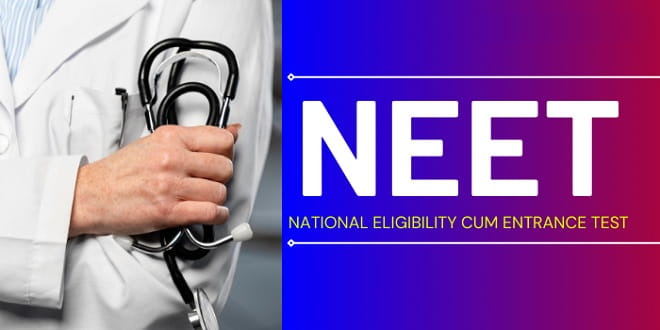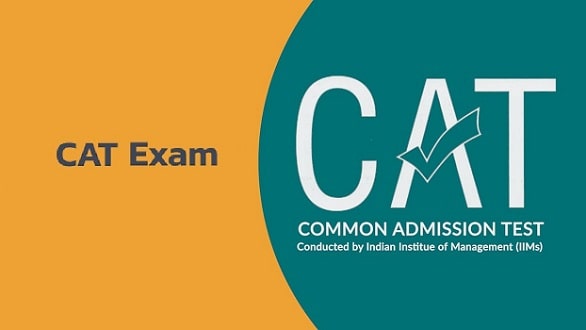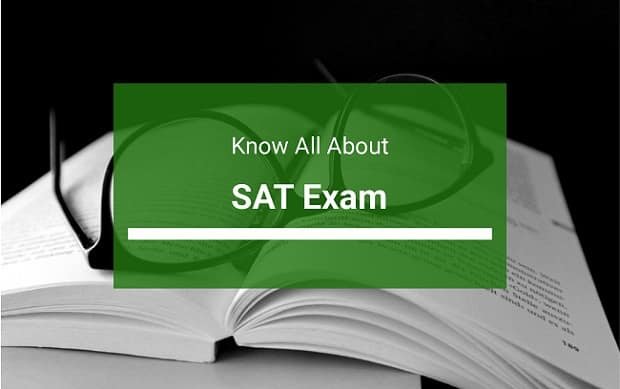Every nation has an administrative system that regulates and performs the ground level working to sustain and implement the system. The people working in these roles are often known as administrative officers or civil servants. India has its fair share of civil servants who serve the nation via their work profile. Any person who wants to take on this role of civil servant needs to qualify examinations that are conducted by the state government or the national government as the case may be. This is where UPSC exams come in. It is the highest competitive exam conducted in India for entry into civil service fields. We here take a look at the UPSC exams and the entire procedure for it:
What is UPSC Exam?
UPSC examination is a short acronym for the Union Public Service Commission exams. The exam is also known as Civil Services Examination or CSE in India. The exam is a competitive one and is the basis for entry into the various administrative roles of India. The UPSC exams allow candidates to venture into the fields of Indian Administrative Service (IAS), Indian Police Service (IPS), and Indian Foreign Service (IFS).
The exams are governed and conducted by the Union Public Service Commission of India and are taken annually. The exam in itself consists of three different phases with a preliminary phase, a mains phase, and one personality test phase later on. The exam is often counted as one of the toughest competitive exams in the world and has over 10 lakh candidates appearing every year. The exams are scheduled accordingly based on the period and have a gap of 3 months generally between each phase.

Eligibility for UPSC Exam
UPSC exams have qualifying criteria to be met to become eligible for the course registration. The mandate is pretty simple and can be undertaken by anyone who complies with the eligibility. Hence the high number of applicants in the registration. The eligibility is divided into various categories like education, nationality, age, and other factors. Here are the eligibility criteria for this exam:
Educational Criteria
- A candidate should have attained a valid degree from a central or state or any deemed university.
- The candidate can also possess a degree from a correspondence or distance education instead of a regular course.
- The candidate can also pursue a valid degree from an open university.
- In absence of the above three, they should have any other qualification that is recognized in the same breadth as the degree by the Government of India.
Apart from the aforementioned criteria, students from other backgrounds can also apply provided they meet these conditions:
- Candidates who have appeared in the final year examination provided such that the passing would allow them to have a degree.
- Candidates who have completed their final year of a degree in MBBS but are yet to undergo the internship.
- Candidates who have qualified for the final examinations of the ICAI, ICWAI, and ICSI.
- A candidate who has a degree from a foreign university that is recognized by the Association of Indian Universities.
- Nationality criteria
Apart from the educational criteria, students should also qualify for the nationality criteria for appearing in the exams. Here are the nationality criteria:
- For the IAS, IPS, and IFS services, students should be Indian citizens.
- For other services, students can come from other nationalities apart from India like
- Citizen of India
- Citizen of Nepal
- Subject of Bhutan
- Tibetan refugee with a permanent settlement before January 1, 1962.
- Person of Indian origin migrating from Pakistan, Myanmar, Sri Lanka, Uganda, Tanzania, Malawi, Zambia, Vietnam, Kenya, Zaire, and more.
UPSC Exam Syllabus
The UPSC exam syllabus can be divided into three phases based on the examination levels of UPSC. The preliminary levels look to check the ability of students to assess the current affair and aptitude levels. The preliminary level is the first hurdle in the UPSC exams. The mains paper checks to see the knowledge and expertise of the student in their specialized subject and field. The last level is the interview level where students have to appear for a face-to-face interview and clear the rounds. Let’s take a look at the syllabus in details down below:
Preliminary Levels Exam Syllabus
- The preliminary level is the first level and has two general studies subjects and papers to appear. The papers are known as General Studies I and General Studies II. The marks required for qualifying as the pass is 33%. The syllabus for General Studies focuses on the current affairs, history of Indian national movement, geography, polity, economic and social development, and more. Similarly, the syllabus for General Studies II features aspects of comprehension, logical reasoning, mental ability, interpersonal skills, and more. Paper one consists of 100 questions and a total mark of 200 with a time limit of 2 hrs. Paper-II comes with 80 questions with a total marks again of 200 marks and a time limit of 2 hrs.
Mains Levels Exam Syllabus
- Students who have cleared the preliminary levels can then compete in the mains level. It consists of 9 descriptive papers of which two are qualifying papers. The total marks for the nine papers are 1750. The qualifying paper involves the Indian language and English after which the seven papers start. The first paper is about Essays where students need to write essays on multiple topics. There after four general studies, papers are focusing on the Indian heritage, technology, economy, ethics, aptitude, and more. Then there are two optional subjects that the students can choose from.
Interview Levels Exam Syllabus
- The interview level is the last level of the exam and carries a total mark of 275. The candidates will have to appear in front of the panel and undergo series of questions and discussions on various aspects. The theme is to make sure that the candidate is intellectually, mentally, and emotionally ready to handle the stakes of the position of a civil servant.
Age Limit for UPSC Exams
The students have a certain age limit that they need to fulfill if they want to appear in the exams of UPSC. The mandate requires a student to have reached a minimum age of 21 years and a maximum age of 32 years. However, there are certain reservations for selected groups like:
- For OBC- Max age limit is 35 years
- For SC/ST- Max age limit is 37 years
- For defense services personnel with a disability during hostility- Max age limit is 40 years
- For PWD- Max age limit is 37 years
Attempt Limit for UPSC exams
UPSC exams also have an attempt limit in their examinations. The limit is as:
- For General category students- 6 attempts
- For OBC category – 9 attempts
- For SC/ST candidates –Can appear for the unlimited attempts till the age of 37 years
Fees for UPSC Exams
The UPSC exams have designated a minimal fee as part of the application fee for the examinations. Below mentioned are the various fees for different category and exams:
- Preliminary Exams
- For General/OBC category – INR 100
- For Female/SC/ST/PWD – Nil
- Mains Exams
- For General/OBC category – INR 200
- For Female/SC/ST/PWD – Nil
The registration process of UPSC Exams
Here’s how you can register yourself for the UPSC exams in India:
- Step 1: The candidate should open the UPSC online application website.
- Step 2: The candidate should download the application form from the website.
- Step 3: The candidate should then fill the form and submit the form within the stipulated period. If desired students can fill the form online and submit the form online or else download it and submit it offline.
- Step 4: Then attach any necessary documents with the form. Though they need not submit it right away and can also submit it at the mains level.
Students are advised to make only one application though they can also apply for multiple registrations. In such a case, the application with the higher Registration ID is taken into consideration and thereby students filling multiple forms should try to fill the form with the higher Registration ID in a complete sense.

Rahul Kumar is a passionate educator, writer, and subject matter expert in the field of education and professional development. As an author on CoursesXpert, Rahul Kumar’s articles cover a wide range of topics, from various courses, educational and career guidance.



